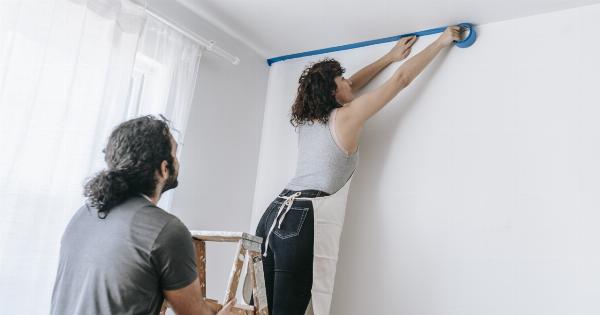Self-love is a journey that starts with recognizing and accepting who we are, with all our flaws and strengths. It is about embracing ourselves, forgiving ourselves, and learning how to care for ourselves.
Self-love is a journey of healing and growth, and it is not always an easy one.
What is Self-Love?
Self-love is a way of thinking, feeling, and behaving that is based on the belief that you are worthy of love and respect – from yourself as well as from others.
Self-love is not about being selfish or narcissistic, but rather about being kind and compassionate to yourself. It can be described as having a deep, unconditional love for oneself.
Self-love means accepting your flaws and imperfections, and recognizing that they are a part of what makes you unique and special. It means acknowledging your strengths and accomplishments, and being proud of yourself.
Self-love also involves learning how to take care of yourself physically, emotionally, and mentally.
Why is Self-Love Important?
Self-love is important because it affects every aspect of our lives. The way we treat ourselves sets the standard for how we allow others to treat us.
If we don’t love ourselves, we are more likely to tolerate toxic relationships, stay in unfulfilling jobs, and have negative self-talk. Self-love is the foundation for a happy, healthy, and fulfilling life.
Self-love also plays a critical role in our mental health. People who lack self-love are more likely to struggle with depression, anxiety, and other mental health issues.
By learning to love and care for ourselves, we create a strong foundation for our mental health and well-being.
Challenges on the Journey to Self-Love
Self-love is not always an easy journey. Many of us have experienced negative self-talk, low self-esteem, or even self-hatred at some point in our lives. These thought patterns can be deeply ingrained and difficult to break.
There are also many external factors that can make self-love challenging, such as societal expectations, family dynamics, or traumatic experiences.
It can be hard to love ourselves when we feel pressure to live up to impossible standards or when we have experienced hurtful words or actions from others.
Learning to love ourselves is a process that takes time and effort. It may involve therapy, self-reflection, and building new habits and behaviors. It is not a quick fix or a one-time solution.
Tips for Cultivating Self-Love
While the journey towards self-love can be challenging, there are many things we can do to help us along the way. Here are some tips for cultivating self-love:.
Practice self-compassion
When we make mistakes or experience failure, it’s important to treat ourselves with kindness and understanding. Instead of beating ourselves up, we can offer ourselves words of encouragement and support.
Embrace your flaws
Our flaws and imperfections are what make us unique and special. Instead of trying to hide or change them, we can learn to embrace them and appreciate them.
Celebrate your achievements
Take time to acknowledge and celebrate your accomplishments, big and small. Recognize your hard work and give yourself credit for your successes.
Take care of yourself
Self-care is an essential part of self-love. Make time to rest, exercise, eat well, and do things that make you happy. Take care of your physical, emotional, and mental health.
Set boundaries
Learning to say “no” and set boundaries is an important part of self-love. Be clear about your needs and boundaries, and don’t be afraid to assert them.
Surround yourself with positive influences
Choose to spend time with people who support and encourage you, and avoid those who bring you down. Surround yourself with positive influences.
The Benefits of Self-Love
The benefits of self-love are many. When we love and care for ourselves, we are more likely to:.
- Have healthier relationships
- Be more resilient when faced with challenges
- Enjoy greater fulfillment in life
- Experience greater self-confidence and self-esteem
- Have better mental health and well-being
By taking the time to invest in ourselves and cultivate self-love, we can create a brighter future for ourselves and those around us.
Conclusion
Self-love is a journey of healing and growth. It is about recognizing our worth and learning to care for ourselves.
While this journey can be challenging at times, with patience, persistence, and self-compassion, we can all learn to love ourselves more fully.
Remember that self-love is not about being perfect or having it all figured out. It is about embracing ourselves, flaws and all, and recognizing our inherent worth as human beings.






























